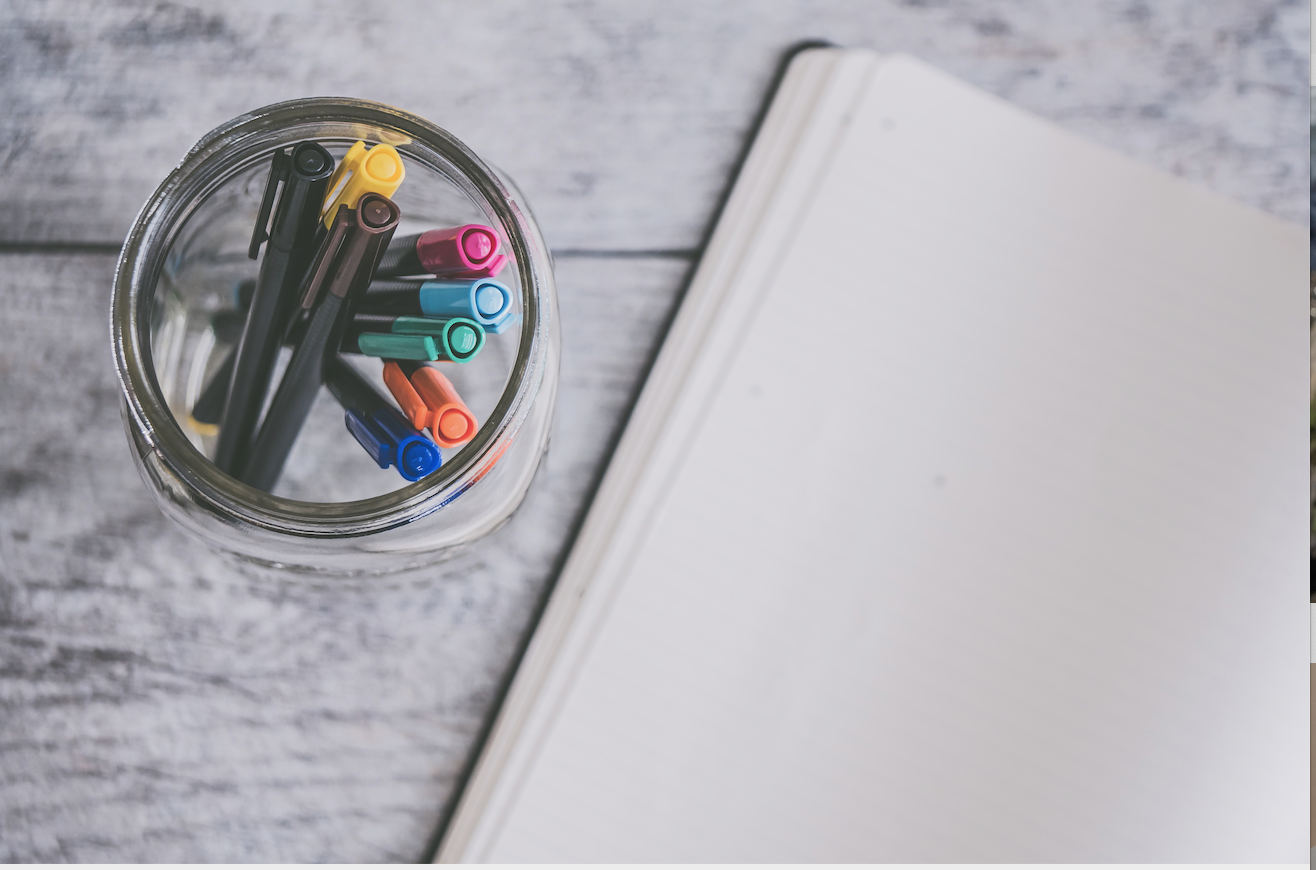
Remember that journal you kept as a kid? Yes, the one you hid in a box and placed under your bed. Everyone thinks journals are for kids and generally dropped right before or after puberty. But the past years, we’ve seen a revival of interest in journaling.
“Once the domain of teenage girls and the literati,” New York Times writer Haylen Phelan posits, “journaling has become a hallmark of the so-called self-care movement, right up there with meditation.”
It turns out there’s more to journaling, or the practice of jotting down thoughts on a piece of paper, than just keeping hidden and secret thoughts. Studies show it comes with a host of health benefits, from boosting mental health, strengthening your immunity, and even speeding up physical healing. Here are the Top 5 Benefits of Journaling you probably didn’t know.

1. Journaling Helps Reduce Stress
“Journaling provides a safe space to unload pent-up thoughts and feelings,” says Dr. Carla Manly, a clinical psychologist from Sonoma, CA in an interview with Today. “In general, whether it’s a therapy session, or just after a long day, it is a safe space to just put everything out there and close it up.”
When you’re able to let it out, and process your feelings, there’s a feeling of both release and relief. You feel stress when you botte things up. Let those feelings go and you’ll feel definitely lighter.
This is not mere guess work either. There are studies that support this, such as this study, where the patients, families, and healthcare practitioners from a children’s hospital reported a stress level reduction after one-year of continuous journaling practice.
Other mental health benefits include:
- Lessens anxiety
- Helps with dealing with depression
- Improves emotional intelligence
- You get to know yourself better, so self-awareness is improved.
2. Journaling Improves Cognitive Functions
Journaling helps keep your brain in tip-top shape. By regularly pouring down your thoughts, and processing your emotions and the things that happen to you, journaling helps boost memory and comprehension.

3. Journaling Helps Strengthen the Immune System
Studies have shown journaling can help improve quality of sleep, as well as strengthen the body’s defenses against viruses. In fact, a study even goes way back. In 2002, James Pennebaker and his colleagues published this study in the Journal of the American Medical Association. They found that patients suffering from asthma and rheumatoid arthritis deteriorated less and experienced improved health, following journaling regularly. In this regard, they suggested that journaling or writing therapy can help stave off terminal diseases, as well the chances of having severe diseases.
4. Journaling Helps Wounds Heal Faster.
Studies show that it can actually help speed up healing. In a study among 49 adults in New Zealand, they found that those who wrote for 20 minutes about their feelings and upsetting events healed faster after a biopsy than those who didn’t.
Look at it from a mind-body connection perspective. When your inner world is in chaos, it reflects on your physical body, and vice versa.
5. Journaling Boosts Mindfulness
Mindfulness is defined as the mental state achieved by focusing one’s awareness on the present moment, and is commonly used as a therapeutic technique. Mindfulness can be applied in everything you do, including eating, working, exercising, and even cleaning. With journaling, it’s a great first step in learning to be mindful. How? By processing your thoughts, you get to have a firmer grasp on your feelings and know yourself your better. For example, you become aware of your triggers that cause distractions and stressful thoughts. That said, journaling is a form of meditation in itself, but can also be practiced along with other mindful and self-care treatments, such as meditation, and aromatherapy.

How to Get Started
New to journaling? We must admit the thought of blank page can be intimidating. Here are some tips to help you out.
Try Free Writing
Some people think they have to be smart, witty, poetic or verbose. But that’s not the purpose of journaling. Free writing will liberate you from the pressure. Just write down whatever comes to mind. Let it flow. If you don’t feel like writing words, try drawing or doodling. The point of free writing is to jot down what’s in your mind and heart without judgment.
Explore Prompts
Not sure what to write about? Drawing a blank? Prompts can help. Try these prompts for starters, but there are many journaling prompts available online.
- Write three things you’re grateful for.
- Write the story of your life in six words.
- Write three wishes you have.

Pick the Simplest Tools
This is the beauty of journaling, you don’t need a fancy equipment to start it. You can use a beautifully-designed notebook you’ve been eyeing, or simply, get a piece of paper and start writing. Others find it easier to write on their laptops, or even in a note-taker on your phone. Choose whatever works for you.
The Bottom Line
Journaling is one of those things that require patience and fortitude. The health benefits won’t magically take effect. But with constant and regular practice, you’ll enjoy reduced anxiety, and more relaxation and mindfulness in your life.
Hayley Phelan of New York Times sums it up nicely—“ One thing journaling has taught me is that the mind is a surprising place, and you often don’t know what it may be hiding until you start knocking around in there.”
So, go ahead, and dust those cobwebs off your journals. Get one of those nice notebooks. Grab a pen and piece of paper. Start writing, without any destination or end goal on mind. Simply pour your heart out.
Tags



0 Comments
Trackbacks/Pingbacks